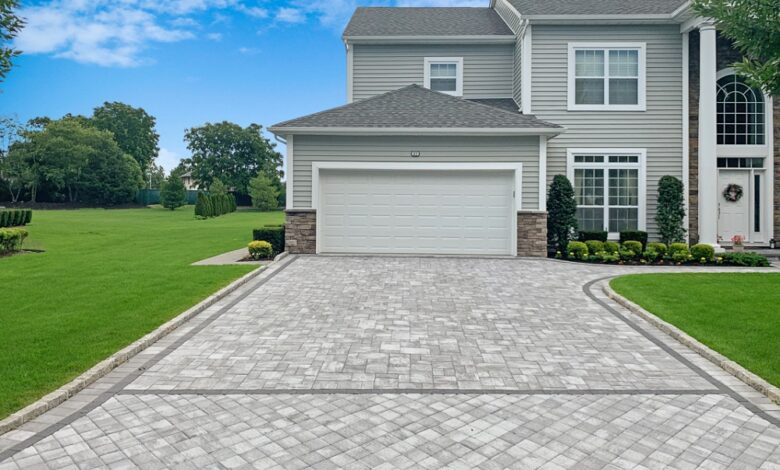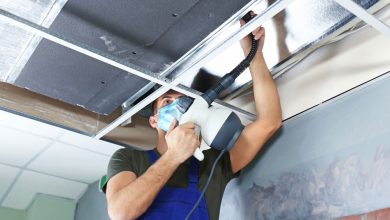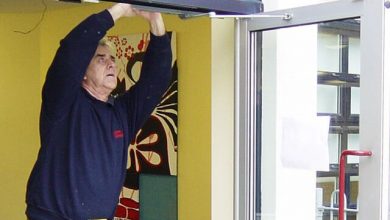5 Scientific Reasons Why Block Paving Driveways Are The Aesthetic Future

Block paving driveways are gaining popularity due to their visual appeal, toughness, and ease of maintenance. However, block paving driveways are also becoming the future of home design for various scientific reasons. Here are five scientific reasons that explain why blocking paving driveways is the future of home design, both aesthetically and practically.
1. Improved Drainage
A block-paving driveway has a great advantage in terms of its drainage system. These driveways use permeable blocks that allow water to pass through them, reducing the chances of flooding. Moreover, the porous blocks also facilitate water seepage into the ground, preventing soil erosion and replenishing groundwater levels. Furthermore, block paving driveway can be constructed with a slope that channels the water towards a specific drainage system, further enhancing their drainage abilities.
2. Reduced Heat Absorption
Traditional concrete and asphalt driveways tend to absorb and retain heat. This results in the urban heat island effect, when urban areas become considerably warmer than the surrounding rural areas due to the absorption and retention of heat by buildings, roads, and other infrastructure.
In contrast, block paving driveways reflect heat, which decreases the amount of heat absorbed and retained. This, in turn, reduces the urban heat island effect. Also, block paving driveways can be created using light-coloured blocks that reflect more heat than dark-coloured blocks.
3. Improved Air Quality
Block paving driveways can enhance air quality by allowing rainwater to seep into the ground, preventing soil erosion and replenishing groundwater levels. Furthermore, the porous texture of block paving driveways allows them to filter out contaminants and pollutants from water, which would otherwise contaminate waterways.
By integrating plants and trees that absorb carbon dioxide and release oxygen into the design of block paving driveways, the surrounding environment can experience improved air quality.
4. Noise Reduction
Block-paving driveways possess the ability to decrease noise pollution. The blocks used in block paving driveways have sound-absorbing qualities that decrease the noise generated by vehicle traffic. This is particularly beneficial for houses on busy roads or in urban areas. Also, herringbone or basket weave patterns can be employed while designing block paving driveways, further enhancing their noise-reducing properties.
5. Increased Biodiversity
Block-paving driveways have the potential to enhance biodiversity. The driveways are permeable, which allows rainwater to penetrate the ground and helps to maintain the groundwater level.
The moist environment created by the permeability of block paving is favourable for plant growth, making it a suitable habitat for various plants. Furthermore, driveway paving blocks can be designed with plants and trees that attract pollinators, such as bees and butterflies, which play a vital role in preserving the biodiversity of the surrounding environment.
In conclusion, block paving driveways represent the future of home design because they offer an appealing appearance and various scientific benefits. In reality, a block paving driveway has much to offer, such as enhanced drainage, reduced heat absorption, improved air quality, less noise, and more biodiversity. As homeowners increasingly prioritize sustainability and environmental consciousness, block paving driveways will undoubtedly become more popular as an eco-friendly and visually attractive option for home design.






